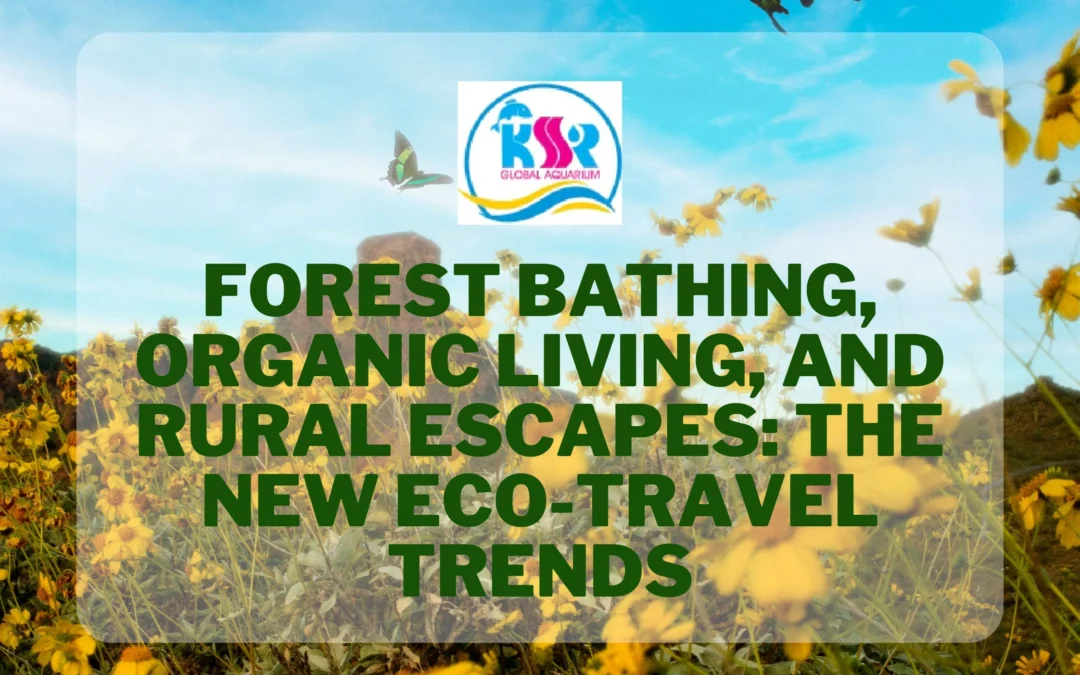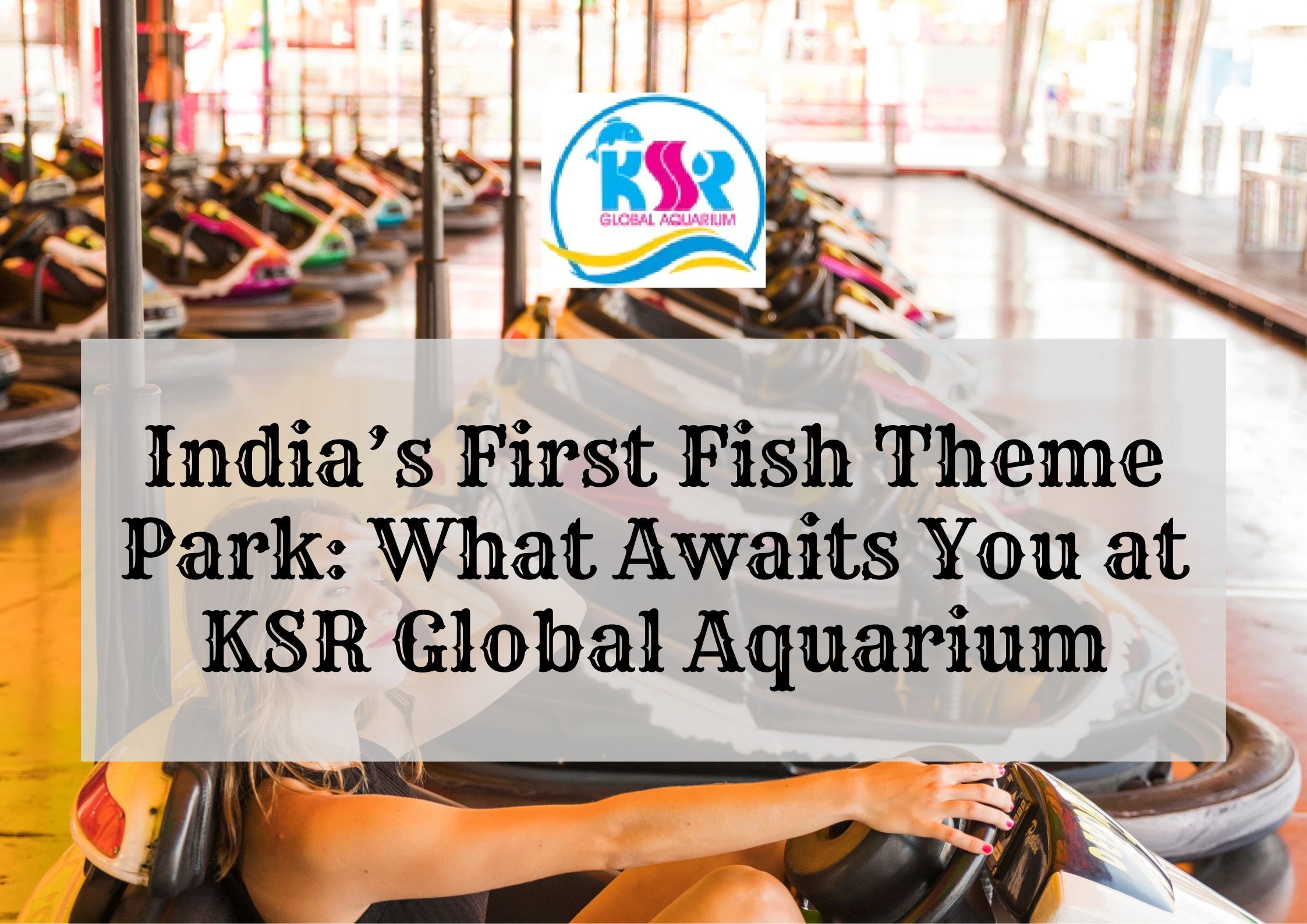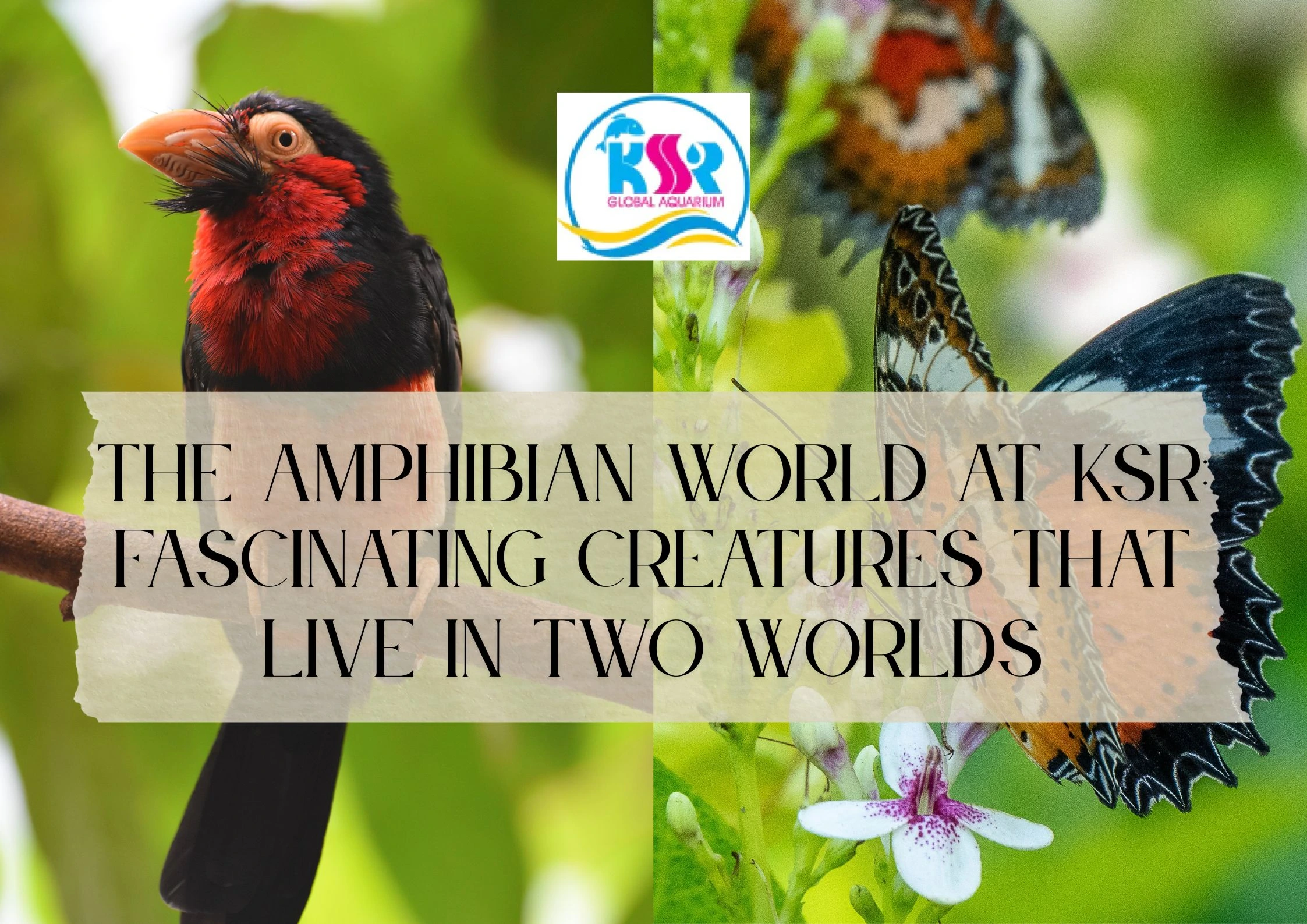In an age dominated by concrete jungles, digital screens, and high-speed lifestyles, a quiet revolution is taking place—one that brings travelers back to their roots, closer to the earth, and more in tune with themselves. The latest wave of eco-travel trends is less about exotic destinations and more about immersive, sustainable experiences like forest bathing, organic living, and rural escapes. Travelers, especially millennials and Gen Z, are redefining what it means to take a vacation—choosing simplicity, greenery, and mindfulness over glitz and noise.
As the world collectively wakes up to the importance of ecological balance and personal well-being, destinations that offer slow, conscious travel are gaining momentum. From lush forests that invite introspection to agro theme parks that combine learning with leisure, the travel narrative is evolving—and it’s greener than ever.
Forest Bathing: Healing Among the Trees
Originating in Japan as Shinrin-yoku, forest bathing is the practice of immersing oneself in a forest atmosphere, not for exercise, but for absorbing its natural serenity through the senses. It’s not hiking. It’s not jogging. It’s simply being—walking mindfully through the woods, breathing deeply, and letting the sights, sounds, and smells of the forest restore your inner calm.
Scientific studies back this up. Forest bathing has been shown to reduce cortisol levels, lower blood pressure, boost immune function, and improve mood. In India, forests in regions like Maharashtra’s Western Ghats, parts of Himachal Pradesh, and Kerala are emerging as sought-after destinations for this nature therapy.
Places near agro theme parks or rural eco-retreats are beginning to offer guided forest bathing experiences. These involve silent walks, meditative pauses, and nature observation—helping travelers not just visit nature but be part of it.
Organic Living: Travel That Teaches and Transforms
Organic living, once seen as a niche lifestyle, is now at the center of eco-tourism. More and more travelers are seeking destinations that allow them to eat clean, live simply, and learn sustainable practices. It’s no longer enough for a resort to offer luxury—it must also align with values of health, sustainability, and authenticity.
Homestays and eco-retreats that serve farm-fresh meals, use solar power, and encourage zero-waste practices are becoming magnets for eco-conscious tourists. Many offer hands-on experiences like harvesting vegetables, cooking with indigenous grains, or learning composting methods.
Some destinations even combine this with animal interaction zones like a bird park or butterfly park, where guests can observe local biodiversity in a protected setting. These small but significant experiences offer both education and enchantment—perfect for solo travelers, families, and school groups alike.
Rural Escapes: The Heart of Eco-Travel
When was the last time you woke up to birdsong, walked through a mustard field, or learned to milk a cow?
Rural escapes are rapidly becoming the go-to eco-travel experience, offering a chance to disconnect from city life and reconnect with simpler joys. These getaways often include:
- Village walks
- Interactions with local artisans and farmers
- Participation in folk traditions or seasonal festivals
- Stays in mud huts or eco-cottages built with local materials
One of the most unique aspects of rural eco-travel in India is the rise of agro theme parks. These parks are built around working farms and offer interactive experiences for visitors—like tractor rides, bullock cart tours, crop planting, and even mini-zoo visits. They’re an innovative blend of education and entertainment, helping urban visitors, especially children, understand where their food comes from and how rural ecosystems function.
The Role of Themed Nature Parks: From Birdsong to Butterflies
While forest trails and organic farms form the core of eco-travel, themed nature attractions are enhancing these experiences.
1. Bird Parks
Birdwatching has long been a favorite among nature lovers, but curated bird parks now offer a deeper, more immersive experience. These aviaries are designed to replicate natural habitats, giving visitors a chance to observe both native and exotic species up close without disturbing their ecosystem. Guided tours often teach about bird behavior, conservation needs, and migratory patterns—fostering a deeper respect for avian life.
2. Butterfly Parks
A walk through a butterfly park is like stepping into a living, fluttering painting. With flowers, nectar plants, and host plants carefully selected, these parks allow butterflies to thrive and reproduce in a safe space. Visitors learn about metamorphosis, pollination, and the fragile balance of our ecosystems. For photographers and nature enthusiasts, it’s a dreamlike experience.
These parks often operate on sustainable models, using recycled materials, natural lighting, and eco-friendly landscaping. They are also perfect for younger travelers—offering both beauty and education in a format that excites curiosity.
KSR Global Aquarium: A Glimpse into Underwater Eco-Wonders
An unusual but fascinating addition to the eco-travel circuit is KSR Global Aquarium, a destination that brings marine biodiversity into focus. While not in the forest or farmland, aquariums like this play a vital role in educating the public about aquatic life and the importance of marine conservation.
Many travelers today look up KSR Global Aquarium photos before visiting, drawn by its diverse collection of freshwater and saltwater species, immersive tunnels, and coral reef setups. For those who might never get to dive into the ocean, it’s a rare chance to witness underwater life and understand the fragility of our oceans.
These aquariums also contribute to local tourism and education, often collaborating with schools, nature groups, and conservation NGOs. They serve as eco-learning hubs and interactive spaces where curiosity about nature is cultivated in visually compelling ways.
Why These Trends Matter Now
The popularity of forest bathing, organic retreats, butterfly walks, and birdwatching isn’t just a passing trend. It reflects a deeper shift in the way we perceive travel. Today’s traveler is:
- Seeking meaning over materialism
- Prioritizing health, both mental and physical
- Craving slower, nature-infused itineraries
- Concerned about climate change and ecological impact
These travel choices directly support local communities, reduce carbon footprints, and promote eco-awareness. By choosing rural homestays over high-rise hotels, travelers help decentralize tourism and distribute its economic benefits more equitably.
Planning Your Next Eco-Escape
Here’s how you can join the movement and plan your own eco-travel experience:
- Look for eco-certified homestays and farms in regions like Maharashtra, Uttarakhand, or Kerala.
- Include visits to nearby butterfly parks, bird sanctuaries, or aquariums to deepen your connection with nature.
- Choose agro theme parks for family trips or school tours—they’re fun, safe, and educational.
- Travel in the off-season to reduce pressure on local ecosystems.
- Support local artisans and farmers by buying handmade goods or farm produce.
And most importantly, slow down. Let nature set the pace. Whether you’re walking silently through a deodar forest or helping an organic farmer plant millet, the joy lies in the moment—not the miles traveled.
The Final Thoughts: Back to Nature, Forward with Purpose
The future of travel is green—not just in color, but in consciousness. As we move towards more mindful choices, eco-travel trends like forest bathing, organic living, and rural escapes remind us of what we often forget: that nature is not just a destination, but a home.
With enriching experiences like strolling through a butterfly park, feeding parrots in a bird park, exploring farm life at an agro theme park, or marveling at aquatic life through KSR Global Aquarium photos, travelers are rediscovering the healing power of the natural world.
In a world chasing speed, the new travel mantra is simple—go slow, go green, go meaningful.




